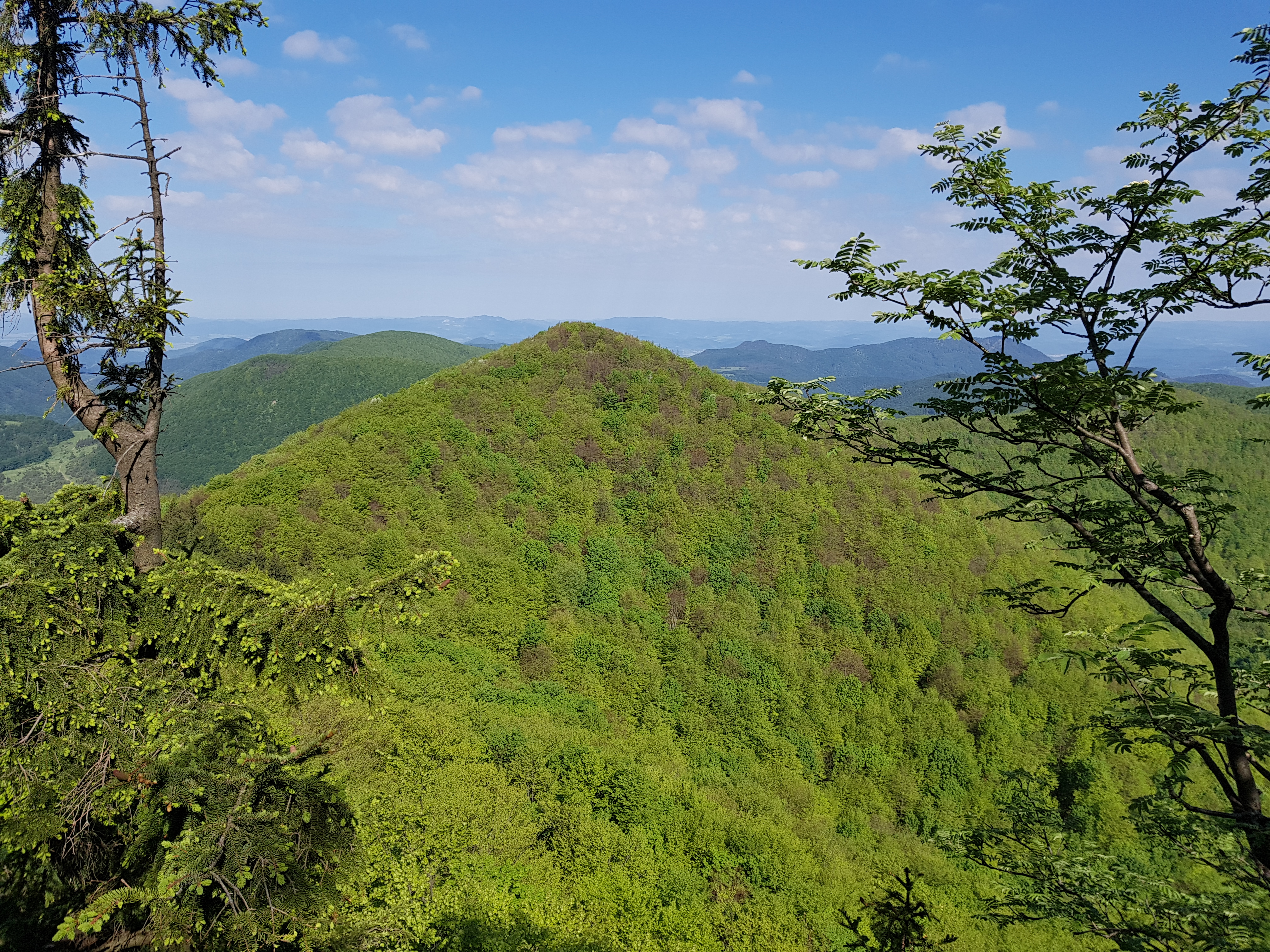
The Law on the protection of law and environment: MŽP proposes a reform without having the negotiations on massive scrutiny finished, supported by 30 000
The Ministry of Environment of the Slovak Republic has announced on Friday that it sends the government the amendment to the Act on the protection of nature and countryside. A vital step for better protection of the environment is that Nature and Countryside Agency will have the authority to allow or prohibit a mining operation in a protected territory. The Ministry has unfortunately jettisoned its ambition – to have the land located in protected areas administered by state authorities, which was included in the original amendment.
The Ministry of Environment of the Slovak Republic has not officially concluded the negotiations on the collective proposal submitted by the following non-governmental organisations: WWF Slovakia, Institute for the environmental protection, BROZ, SOS/BirdLife, VIA IURIS and the initiative “WE ARE A FOREST.” This collective proposal to the Amendment to the Act on the protection of nature and countryside was supported by 30 thousand people, which made it the most significant environmental collective proposal in the history of the Slovak Republic.
“We regret that representatives of the Ministry have entered the negotiations on a formal basis despite the extraordinary interest of the public. The negotiation was left unsettled, no memorandum of the negotiation was made, and the public were unable to discuss the issues with political representatives of the Ministry. The procedure of the Ministry in this matter is in breach of the public rights guaranteed by Act on the creation of legal rules and legislative rules of the government. In this regard, we need to highlight that the negotiations concerning an identical matter were led in parallel with Ministry of Agriculture and their approach was significantly different. They discussed issues that went beyond their legal obligations. Thanks to that, we were able to bring the negotiations to the successful end for both parties which is showcased by the legal solution applied on the protection of virgin forests within Act on forests,” says Imrich Vozár from VIA IURIS.
When the Ministry of Environment put forward their proposal of the amendment to the Act on the protection of nature and countryside in legislative-amendment proceedings, they promised to transfer an administration of the state-owned land to the hands of state environmental agencies. It claimed that it is ineffective. “In case that two state agencies maintain one territory in a national park, the maintenance leads to conflicts and the protection of environment tends not to be a priority. However, the rules on land transfer have not found their way to the version of the amendment which is to be discussed by the government on Wednesday.
The amendment to the Act which was put forward does not push the protection of the environment in Slovakia to the 21st century. Despite addressing most legislative deformations, the amendment does not propose necessary system reforms, e.g. the creation of an ideal national park model or putting in place the law allowing to finance the protection of the environment from other sources than the state budget,” says Marian Jasík from the Institute on the Protection of Nature.
Unfortunately, The Ministry of Environment abandoned their original ambitions regarding land transfers even in the highest (5th) level of nature protection. “This action is needed and received immense support,” concludes Milan Janák from WWF Slovakia. We lack the opportunity to discuss and carefully select effective solutions. We have addressed a number of legal provisions which are effective in theory but fail or are intentionally ignored in practice; the assessment of the impact on protected territories Natura 2000. As a result, the European Commission submitted a lawsuit against Slovakia before the ECJ because we are inefficiently protecting the moorcock’s areas and ignoring the impact of mining operations on its natural habitat.
The proposal on decision-making capacities regarding mining operations within the proposed amendment is a step forward. “However, this is a temporary solution, not a sustainable one. Instead of prohibiting mining operations completely in protected territories, more obligations and competencies are added to already burdened local councils and foresters,” reflects Tomáš Vida from the initiative “WE ARE A FOREST.”

